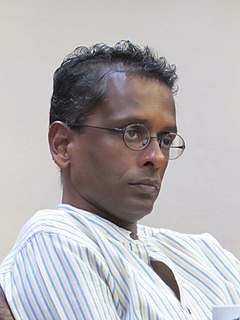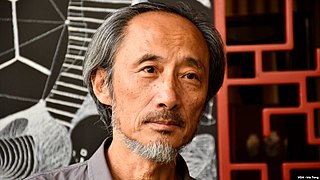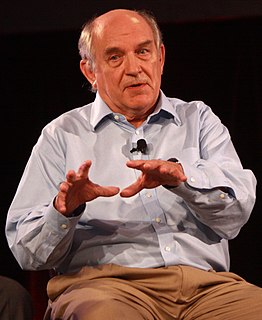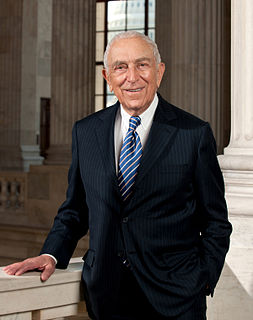A Quote by Stephen Kinzer
One of the most perplexing political questions of the late 20th century is how new democracies should punish deposed dictators and their associates. Victims cry for justice, but leaders of new regimes must decide to what extent it is possible, moral or prudent to pursue evildoers of the past.
Related Quotes
I feel like we're between two great possibilities: we're either going to turn things around, and in this generation see the rising sun of a new moral dedication in America, or we're going to lose the struggle for that moral renewal, throw away the basic principles on which our life and civilization is based, and head toward a new century that will make the 20th century look like a dress rehearsal for evil.
D-Day represents the greatest achievement of the american people and system in the 20th century. It was the pivot point of the 20th century. It was the day on which the decision was made as to who was going to rule in this world in the second half of the 20th century. Is it going to be Nazism, is it going to be communism, or are the democracies going to prevail?
In keeping silent about evil, in burying it so deep within us that no sign of it appears on the surface, we are implanting it, and it will rise up a thousandfold in the future. When we neither punish nor reproach evildoers . . . we are ripping the foundations of justice from beneath new generations.
And we should forget, day by day, what we have done; this is true non-attachment. And we should do something new. To do something new, of course we must know our past, and this is alright. But we should not keep holding onto anything we have done; we should only reflect on it. And we must have some idea of what we should do in the future. But the future is the future, the past is the past; now we should work on something new.
When the Islamic revolution began in 1979 under the leadership of Ayatollah Khomeini, it aroused considerable admiration in the Arab street. It presented a model of organised popular action that deposed one of the region's most tyrannical regimes. The people of the region discerned in this revolution new hope for freedom and change.
I believe that the Tibetans should have the right to control their own destinies and decide for themselves whether they want to be part of China or not. But this view isn't shared by most Chinese, or even the leaders of most Western democracies. As long as the Communist Party is in power, there is little hope for Tibet.
Even when the polls are open to all, Negroes have shown themselves too slow to exercise their voting privileges. There must be a concerted effort on the part of Negro leaders to arouse their people from their apathetic indifference.... In the past, apathy was a moral failure. Today, it is a form of moral and political suicide.

































